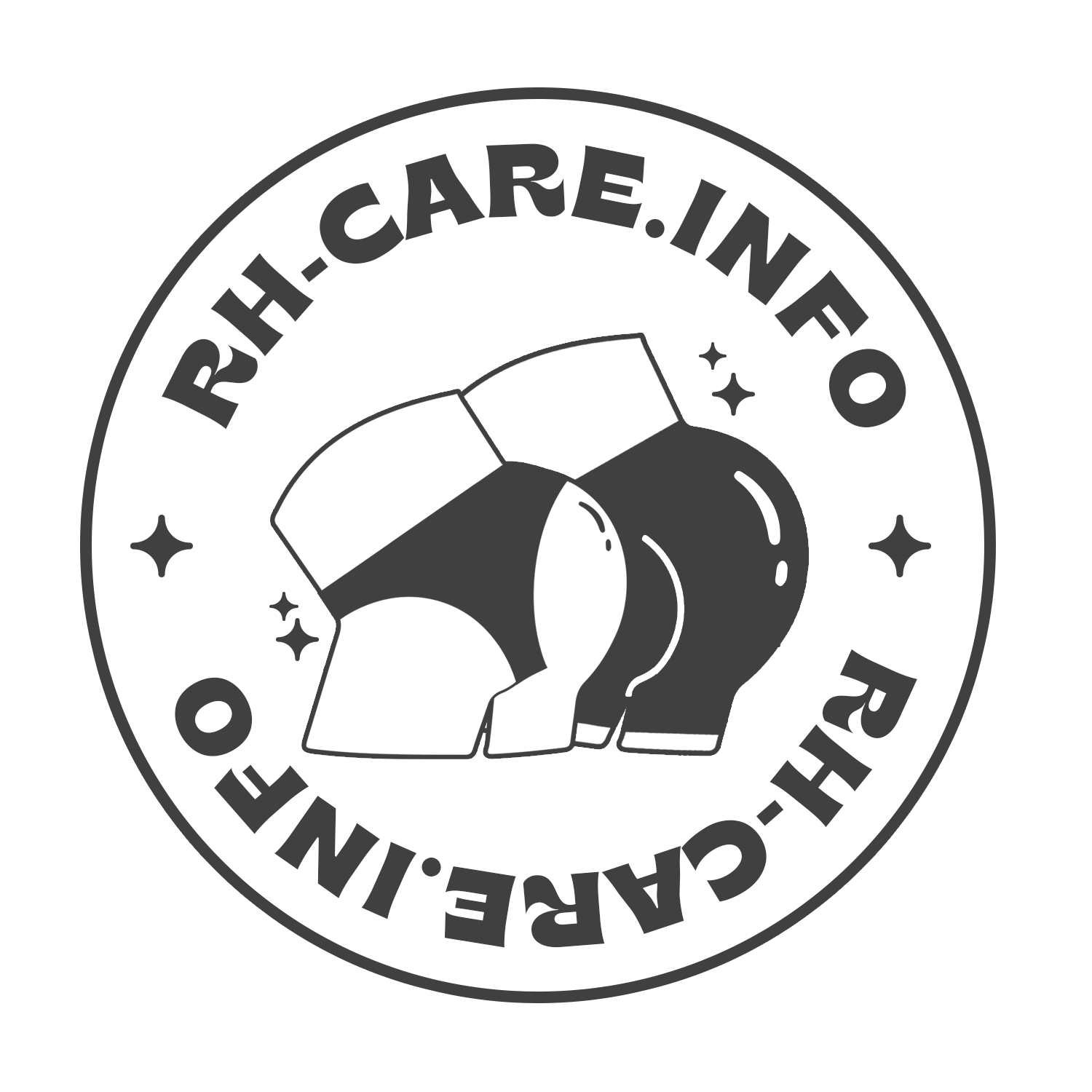Here in the Philippines, talking about sexually transmitted infections is still a bit taboo. It’s a sensitive topic that isn’t talked about that’s why there are tons of myths and misconceptions about it. That’s why here are some fast facts about STIs you should definitely know especially when you are sexually active.
STD and STI are NOT the same
So basically, STI and STD represent the same group of viruses and conditions. An infection is when an invasion of the body by bacteria, viruses, or parasites occurs. Infections can cause symptoms and complications or it can be asymptomatic. A disease, on the other hand, causes specific health complications and continuously presents signs and symptoms that disrupt the host’s ability to function normally
This means that STD and STI both essentially stand for the same thing but, the distinction is that an STI doesn’t always mean you have an STD. STIs that progress into disease are STDs.
Condoms can’t 100% protect you from STIs
One of the most common STIs is genital herpes. Herpes sores are not only found in the penis or the vagina. It can appear on your thighs, buttocks, or even on your mouth. Contact with these herpes sores anywhere can lead to infection.
So even if you are using condoms, you might still get genital herpes through oral sex or if you have contact with herpes sores.
Some STIs are spread through skin-to-skin contact, condoms don’t cover all of the skin around the genital area, that’s why there is still a possibility of transmission. In a nutshell, a condom merely reduces the risk of an STI but does not eliminate it.
You can get an STI from ANY sexual activity and not just intercourse
Some STIs can be acquired even without intercourse. You may be exposed to these infections through other sexual activities like oral sex, mutual masturbation, and anal sex. Some of these STIs are chlamydia, syphilis, and human papillomavirus (HPV).
MYTH: ONLY PEOPLE WITH A LOT OF SEXUAL PARTNERS GET STIs
It doesn’t matter whether you have sex once or dozens of times. STI can be passed on through unprotected vaginal, anal or oral sex, or by genital contact, any sexual activity and through sharing sex toys.
STIs don’t go away on their own
It’s unlikely that an STI will go away on its own. Most STIs are curable. If you suspect that you have an STI, get checked right away. Delay in seeking treatment could cause long-term problems and could cause a threat to your health and fertility. There’s also a risk of you passing the infection to your partner.
It is best to get an STI checked to make sure you are clear of infections. For women, you should have your yearly pam smear and HPV vaccine to better take care of your reproductive health. Remember, reproductive health is essential and we should make sure to take care of it.
If you need testing or treatment for HIV, you can search for HIV Treatment Centers near you by using our HEALTH FACILITY LOCATOR. Simply input your location, then select “HIV Treatment Center” and click on the search button. The results will show the treatment centers within a 10 kilometer radius from your location.



